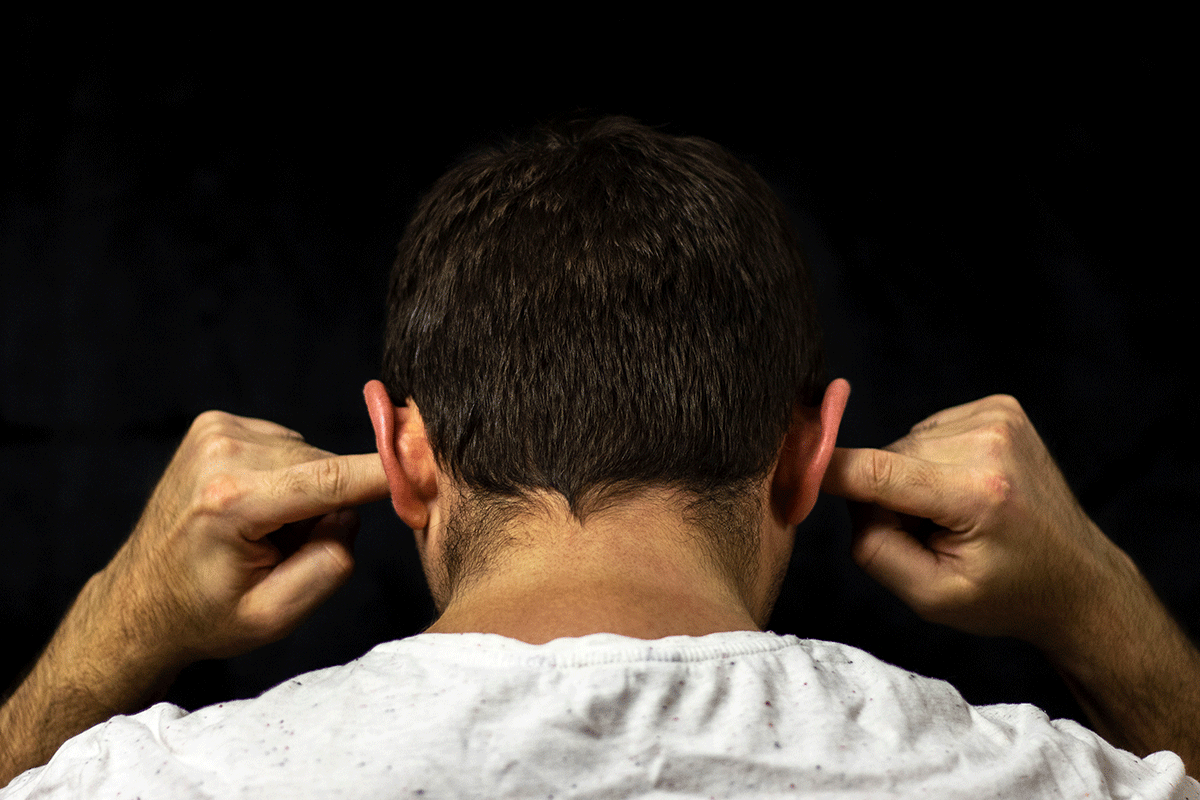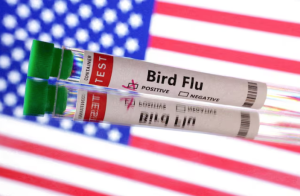Tinnitus, the perception of sound when no external sound is present, is a common condition that can significantly impact a person’s quality of life. While many factors can contribute to tinnitus, including age-related hearing loss, exposure to loud noise, and certain medical conditions, substance abuse is also a potential cause.
The Link Between Substance Abuse and Tinnitus
Several substances have been linked to the development or worsening of tinnitus. These include:
Alcohol: Excessive alcohol consumption can damage the delicate hair cells in the inner ear, leading to hearing loss and tinnitus.
Tobacco: Smoking cigarettes and other tobacco products can increase the risk of tinnitus by damaging the blood vessels and nerves in the ear.
Cocaine: Cocaine use can constrict blood vessels in the ear, reducing blood flow and oxygen to the hair cells. This can cause tinnitus and other hearing problems.
Opioids: Opioids can cause a variety of side effects, including tinnitus. In some cases, opioid withdrawal can also worsen tinnitus symptoms.
Understanding the Mechanism
The exact mechanism by which substance abuse causes tinnitus is not fully understood, but several factors are likely involved:
Direct toxicity: Some substances, such as alcohol and cocaine, can directly damage the hair cells in the inner ear.
Indirect toxicity: Other substances, such as tobacco and opioids, can indirectly damage the ear by affecting blood flow and nerve function.
Auditory processing disorders: Substance abuse can also lead to auditory processing disorders, which can make it difficult for the brain to interpret sounds correctly. This can contribute to the perception of tinnitus.
Treating Tinnitus Caused by Substance Abuse
The treatment of tinnitus caused by substance abuse often involves a combination of strategies:
Substance abuse treatment: Addressing the underlying addiction is essential for managing tinnitus. This may involve detoxification, counseling, and medication.
Hearing aids: Hearing aids can help amplify sounds and reduce the perception of tinnitus.
Tinnitus retraining therapy (TRT): TRT is a form of therapy that helps people learn to cope with tinnitus by teaching them to focus on other sounds and activities.
Medications: In some cases, medications may be prescribed to help manage tinnitus symptoms. These medications may include antidepressants, anti-anxiety medications, and medications that target the ear itself.
Prevention
To prevent tinnitus caused by substance abuse, it is important to avoid or limit the use of substances that are known to damage the ear. This includes alcohol, tobacco, cocaine, and opioids. If you are struggling with substance abuse, seek help from a qualified healthcare professional.
It is important to note that not all cases of tinnitus are caused by substance abuse. If you are experiencing tinnitus, it is important to see a doctor to rule out other possible causes.







Be First to Comment